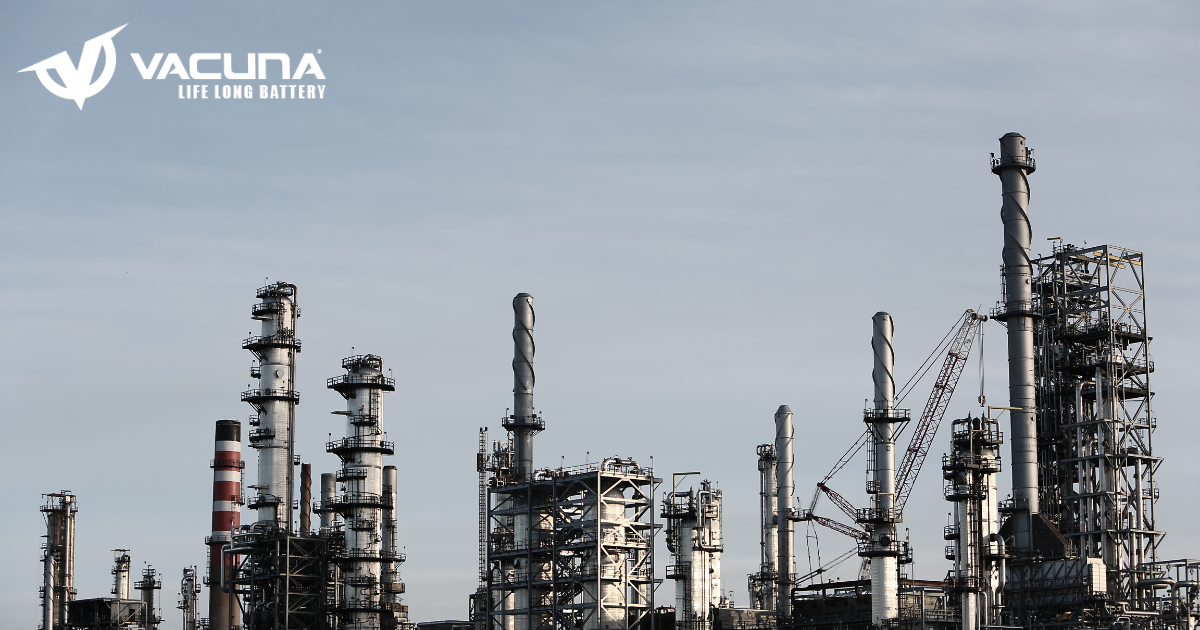Inverter batteries are essential components in modern energy systems, providing reliable power storage for homes, businesses, and renewable energy sources. As an inverter battery manufacturer, Vacuna recognizes the importance of understanding the chemistry behind these batteries, as it plays a crucial role in their performance, lifespan, and overall efficiency. This blog aims to break down the fundamental concepts of inverter battery chemistry in a simple and accessible way.
What Are Inverter Batteries?
Before going deep into the chemistry, it’s essential to understand what inverter batteries are. These batteries are designed to store electrical energy, which can be converted from direct current (DC) to alternating current (AC) by an inverter. They provide backup power during outages, ensure continuous operation of appliances, and help users take advantage of renewable energy sources.
The Basics of Battery Chemistry
At the core of any battery, including inverter batteries, lies the principle of electrochemistry. This branch of chemistry focuses on the interactions between electrical energy and chemical reactions. An inverter battery typically consists of three main components:
1. Anode: The negative electrode, where oxidation occurs.
2. Cathode: The positive electrode, where reduction takes place.
3. Electrolyte: The medium that allows ions to move between the anode and cathode, facilitating the flow of electric current.
Common Types of Inverter Batteries
Inverter batteries can be categorized into different types based on their chemical composition. The two most common types are lead-acid batteries and lithium-ion batteries.
#1. Lead-Acid Batteries
Lead-acid batteries are the most widely used inverter batteries due to their affordability and reliability. They consist of lead dioxide (PbO2) as the cathode, sponge lead (Pb) as the anode, and a sulfuric acid (H2SO4) electrolyte. Here’s how they work:
– Discharge Cycle: When the battery discharges, lead dioxide at the cathode reacts with sulfuric acid to produce lead sulfate (PbSO4) and water (H2O). At the same time, sponge lead at the anode also reacts with sulfuric acid to form lead sulfate.
PbO2 +H2SO4 →PbSO4 +H2O (at the cathode)
Pb+ H2SO4→PbSO4+H2O (at the anode)
– Charge Cycle: During charging, the process reverses. Lead sulfate is converted back into lead dioxide and sponge lead, and sulfuric acid is regenerated.
#2. Lithium-Ion Batteries
Lithium-ion batteries are gaining popularity for their high energy density and longer lifespan. They consist of a lithium cobalt oxide (LiCoO2) cathode, a graphite anode, and a lithium salt electrolyte. Here’s a simplified explanation of their operation:
– Discharge Cycle: During discharge, lithium ions move from the anode to the cathode, releasing energy.
– Charge Cycle: When charging, lithium ions move back from the cathode to the anode, storing energy for future use.
Factors Affecting Battery Performance
Several factors can influence the performance and lifespan of inverter batteries, including:
– Temperature: Extreme temperatures can affect the chemical reactions within the battery, leading to reduced efficiency and shorter lifespan. It’s essential to maintain optimal operating temperatures for the best performance.
– Depth of Discharge: Regularly discharging a battery to very low levels can shorten its lifespan. Maintaining a proper depth of discharge can help extend the battery’s life.
– Maintenance: For lead-acid batteries, regular maintenance, such as checking electrolyte levels and ensuring proper charging, can significantly enhance performance.
Conclusion
Understanding the chemistry behind inverter batteries is crucial for making informed decisions when selecting a power storage solution. As an inverter battery manufacturer, Vacuna is dedicated to providing high-quality batteries that leverage advanced technology and chemistry for optimal performance. By grasping the fundamental concepts of inverter battery chemistry, consumers can better appreciate their value and make educated choices for their energy needs.
Are you looking for reliable inverter batteries for your home or business? Contact Vacuna Battery today to explore our range of high-quality inverter batteries designed to meet your power needs efficiently. Don’t compromise on power reliability—reach out to us now!
